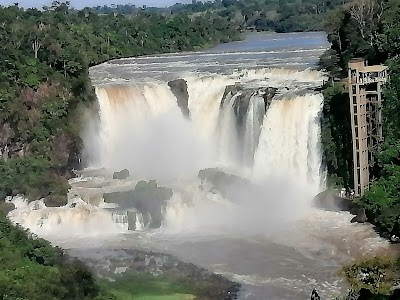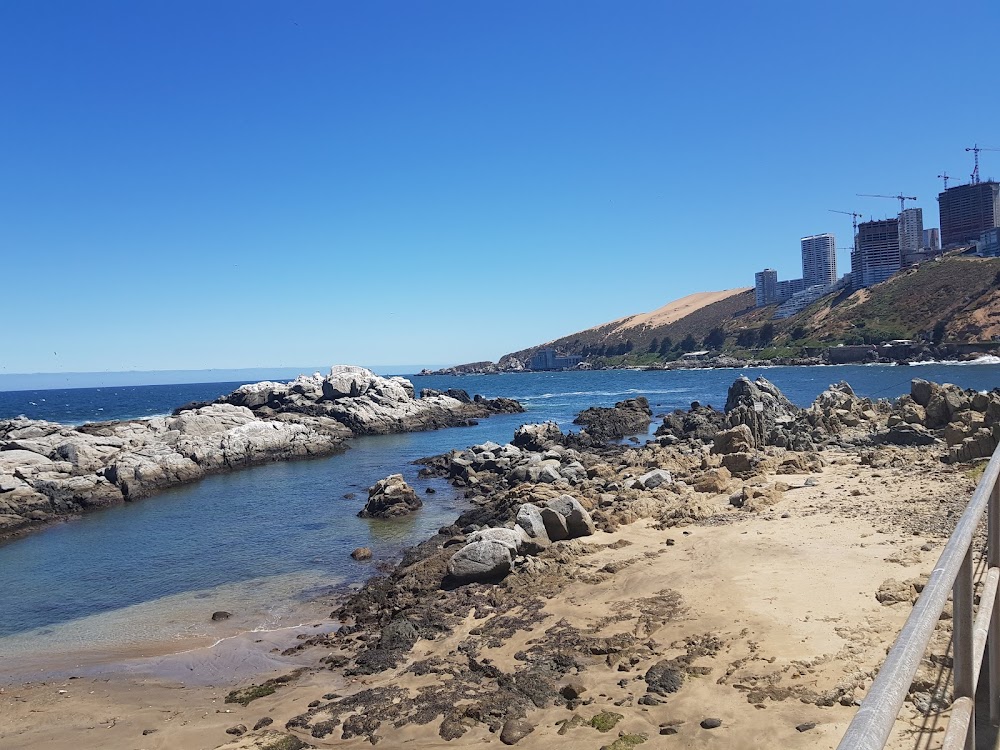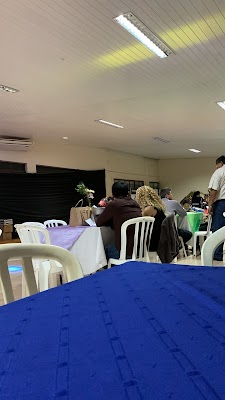Villa Florida (Villa Florida)
Overview
Villa Florida, a charming town located in the Misiones Department of Paraguay, captivates visitors with its rich history and picturesque landscapes. Nestled along the tranquil banks of the Tebicuary River, the town offers stunning views of serene waters and lush greenery, creating a peaceful atmosphere that beckons travelers from near and far.
Historical Significance
Officially founded on May 6, 1632, by Spanish Jesuit priest Manuel Berthod, Villa Florida has a fascinating colonial past. The Jesuits, known for their missionary work across South America, established settlements to spread Christianity. Thanks to its strategic location and fertile lands, Villa Florida quickly became an essential site during the colonial era, with agriculture thriving in the area.
Architectural Heritage
The early buildings of Villa Florida were crafted from local materials such as adobe, clay bricks, and palm thatch, perfectly suited for the region's subtropical climate. The Jesuits introduced European architectural styles, leading to the construction of sturdy structures and well-organized layouts. Community life flourished around the churches, schools, and workshops they built, many of which are still central to the town today.
One of the town's architectural highlights is the Church of the Immaculate Conception. Originally constructed by the Jesuits, this stunning church stands as a testament to Villa Florida's rich historical and religious heritage. Over the years, it has undergone several restorations to maintain its original splendor. Its whitewashed walls and wooden interior create a simple yet profound spiritual ambiance that attracts both locals and tourists alike.
Economic Growth and Natural Beauty
As time progressed, Villa Florida continued to thrive, especially in the 19th century when it became a bustling river port along the Tebicuary River. This strategic location facilitated trade, connecting Villa Florida with other parts of Paraguay and neighboring regions, significantly boosting its economy.
The town's natural landscape is another major draw. The beaches along the Tebicuary River provide perfect spots for swimming, boating, and fishing. Surrounded by lush forests, Villa Florida serves as a gateway to exploring the rich biodiversity of the Misiones Department. Wildlife enthusiasts and nature lovers flock here not only for the scenic beauty but also to discover the diverse flora and fauna.
Local Culture and Community
The residents of Villa Florida are known for their warm hospitality and strong sense of community. Traditional Paraguayan culture is deeply woven into the fabric of daily life. Colorful festivals, including religious celebrations and traditional dances, offer vibrant glimpses into local customs. Events like the Patron Saint's Day, Dia de la Virgen de la Concepción, are celebrated with great enthusiasm, attracting participants from across the region.
Agriculture remains a vital part of the local economy, with farmers cultivating crops such as maize, soybeans, and sugarcane on the fertile riverbanks. The town is also known for its artisanal fishing, with the Tebicuary River providing a variety of fish that form the basis of local cuisine. Dishes like "sopa paraguaya" and "chipa guasu," prepared with freshly caught fish, offer delightful culinary experiences for visitors.
Enduring Appeal
Villa Florida's unique blend of cultural heritage, hospitable community, and breathtaking landscapes makes it a beloved destination for those wishing to experience the rich history and natural beauty of Paraguay. Whether you're exploring its historical sites, enjoying the warm hospitality of the locals, or immersing yourself in the stunning surroundings, Villa Florida offers a timeless appeal that is both captivating and enriching.







